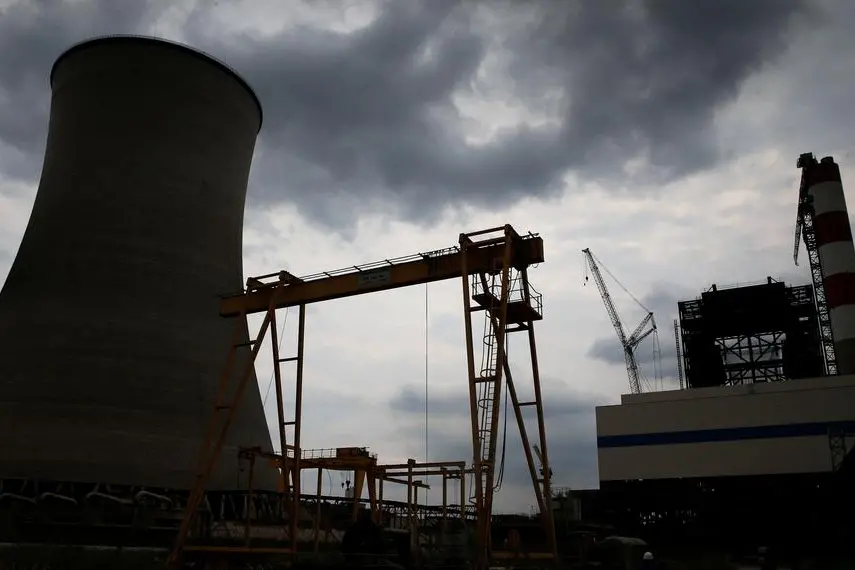PHOTO
(The opinions expressed here are those of the author, a columnist for Reuters.)
LAUNCESTON, Australia - China's coal industry says it doesn't expect imports to increase this year, but the evidence from the first quarter is that the appetite of the world's biggest buyer remains ravenous.
China's imports of all grades of coal from the seaborne market were 97.43 million metric tons in the first quarter of 2024, up 16.9% from 83.36 million tons in the same period in 2023, according to data compiled by commodity analysts Kpler.
The robust growth in imports contrasts with the downbeat assessment of China's coal sector at an industry conference in Xiamen last month, where the consensus of views was that imports will remain flat, or even decline in 2024.
China imported a record 474.42 million tons of coal in 2023 and the consensus of forecasts is for arrivals this year to be in a range between 450 and 500 million tons.
Official customs data for the first two months of 2024 showed total coal imports of 74.52 million tons, up 23% from the corresponding period a year earlier.
The customs numbers include coal that comes overland from neighbouring countries, mainly Mongolia, which supplies mostly metallurgical coal used to make steel.
While China does import some metallurgical coal from the seaborne market, the overwhelming majority is thermal coal, used mainly to generate electricity and also in some industrial processes.
The steady expectations for coal imports contrast with expectations that China's power generation in 2024 will increase 5.3% from 2023, when it gained 6.9%, exceeding economic growth of 5.2%.
Electricity output is rising faster than gross domestic product as more industrial processes are electrified, electric vehicle sales increase and consumers spend more on appliances such as air conditioners.
While there are other factors that go into China's power generation, such as how much hydropower generation may rise, it's still likely that coal will be called on to meet much of the increased demand.
The main unknown factors for thermal coal imports are whether China's domestic output will rise enough to cover demand growth, and if import prices will remain competitive with domestic supplies.
PRICES DIP
China's thermal coal prices have been sliding in recent weeks, with consultants SteelHome assessing coal at the northern port of Qinhuangdao at 810 yuan ($112.03) a ton on Monday.
This is down from a recent high of 940 yuan a ton on Feb. 28 and also below the 1,040 yuan that prevailed this time last year.
However, the main grades of thermal coal that China imports from the seaborne market have also been weakening, meaning that they remain competitive even once freight and import duties are factored in.
Indonesia is China's biggest supplier of thermal coal and the price of cargoes with an energy content of 4,200 kilocalories per kg (kcal/kg), as assessed by commodity price reporting agency Argus, dropped to $54.83 a ton in the week ended April 1.
The price has slipped almost 40% since the recent high of $90.45 a ton at the beginning of December.
Australian thermal coal with an energy content of 5,500 kcal/kg, a grade popular with Chinese buyers, ended at $85.69 a ton in the week to April 5, a seven-month low and down from the recent high of $96.60 at the start of March.
With seaborne thermal coal prices competitive against domestic supplies, and strong growth in China's electricity generation, it's hard to make a case for imports to moderate.
This is especially the case given that the mining industry isn't forecasting strong growth in domestic coal output in 2024, with the China Coal Transportation and Distribution Association estimating that production will rise by only 0.8%, or 36 million tons, to about 4.7 billion tons in 2024.
The opinions expressed here are those of the author, a columnist for Reuters.
(Editing by Christian Schmollinger)





















